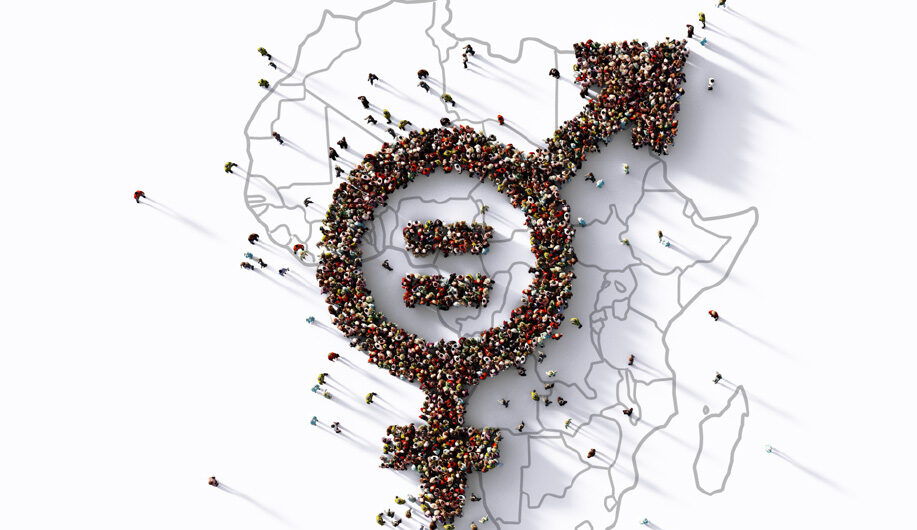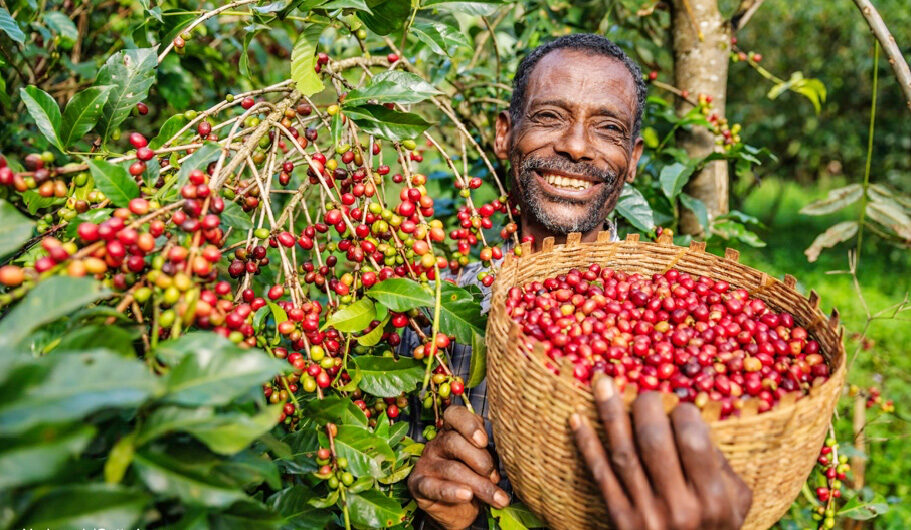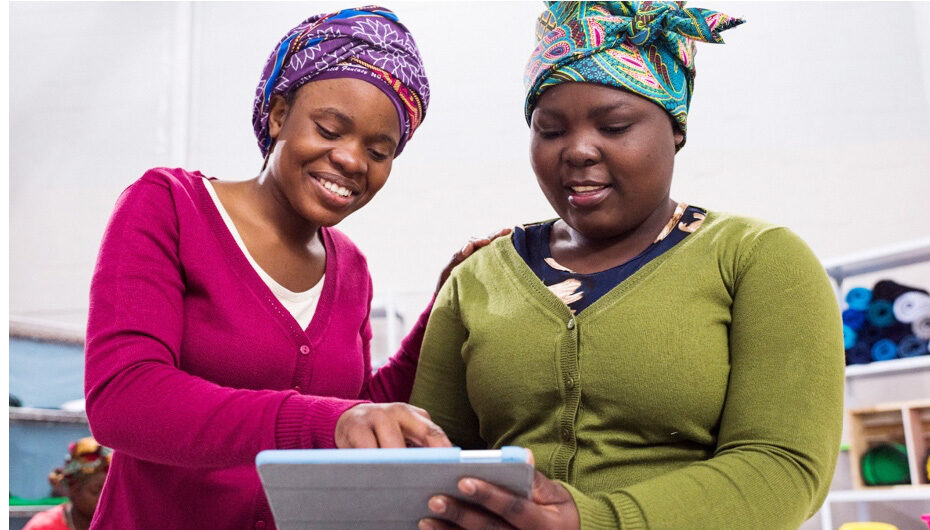Gender Data and Decision-Making



In 2015, 193 countries ratified the Agenda for Sustainable Development, constituting 17 Goals (SDGs) and 169 targets. A key aspiration of the SDGs is to leave no one behind, emphasising gender equality and social inclusion. However, nearly 10 years on, many countries, including in Africa, are off track to meet the agreed targets by 2030. Global progress on closing the gender gap has stalled. Only 68.5% of the gender gap has so far been closed with Africa ranking 6th in the 8 regions of the world at 68.4%. Limited progress on closing the gender gap makes efforts to reduce gender inequalities urgent for sustainable development in Africa.
Well-targeted policies, programmes, and investments informed by high-quality data are needed to accelerate progress towards achieving the SDGs, close gender gaps and track and evaluate progress. Moreover, to close the gender gaps and to truly leave no one behind, high-quality data that is disaggregated by sex and other characteristics is paramount. While commendable progress has been made in improving internationally comparable data for SDG monitoring, critical gaps persist data needed for tracking Goal 5 (gender equality) and, more generally, that is disaggregated by sex and other characteristics and helps uncover intersectional disadvantages.
To accelerate the achievement of the SDGs and gender equality in general, concerted efforts are needed to address the gender data gaps and challenges in Africa and leverage existing opportunities.
In-depth understanding of the gender data and decision-making ecosystem in Africa
The Agenda for Gender Data Generation, Translation, and Use for Africa will inform the priorities of African governments, funders, and other stakeholders in their efforts to enable the sustained use of gender data in policy, planning, advocacy and accountability towards achieving the SDGs and gender equality.
Reduced gender inequality through increased use of gender data in policy, planning, advocacy and accountability.
Key Details
| Dates: | January 2023 to December 2025 |
| Aim: | Support African countries to accelerate the achievement of the SDGs and gender equality by stimulating the prioritisation of and investments in gender data generation and translation and its use in policy, planning, advocacy and accountability. |
| Where: | Ethiopia , Kenya , Senegal |
| Project Manager: | Violet Murunga, Ph.D |
| Principal Investigator: | Rose Oronje, Ph.D |

